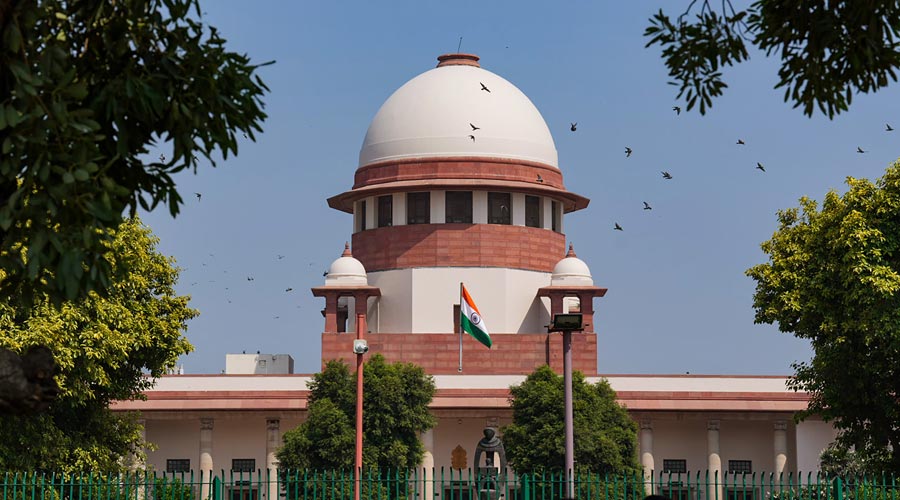The Supreme Court in the case Major Gen. Darshan Singh (D) By Lrs. & Anr. v. Brij Bhushan Chaudhary (D) by Lrs. Was hearing the petition moved by plaintiff for specific performance on account of false or incorrect statements made by him.
The court in the case held that grant of a decree for specific performance as stated under Section 20 of the Specific Relief Act, 1963 is discretionary and equitable.
The bench comprising of Justice Abhay S Oka and Justice Sanjay Karol in the case observed that the exercise of discretion depends on several factors and one of the factors is the conduct of the plaintiff. Thus, the reason is that relief of a decree of specific performance is an equitable relief and the person who seeks equity must do equity.
The present case relates to sale-purchase of a property that was agreed to be sold by the defendant i.e., the respondent No.1 to the plaintiff i..e, the appellants.
Therefore, the parties to the dispute agreed upon consideration for an amount of Rs.3,90,000/- and earnest money @ Rs.30,000 was being paid by the plaintiffs to defendant.
It has been stated that as per the agreement between the parties, if the defendant failed to honor the agreement, he would refund the sum for an amount of Rs. 30,000/- along with damages of Rs.10,000/- without any interest.
As per the plaintiff, this agreement was novated and consideration amount reduced to Rs.2,90,000/-. The draft sale deed was executed and the plaintiffs put in possession.
Further, the court observed that the defendant changed his mind and did not appear for registration of the sale deed. Thus, the plaintiffs filed a suit for specific performance, praying in the alternative for damages of Rs.40,000/- in the matter.
On the other hand, the department stated that the suit property was a Hindu Undivided Family, HUF property. thus, he denied the plaintiffs’ claim of possession having been given, saying that the members of the Hindu Undivided Family, HUF were in joint possession of the property.
Therefore, the Trial Court, Appellate Court and High Court denied relief of specific performance, but allowed and maintained a decree of damages to the tune for an amount of Rs.40,000/- in favor of plaintiff No.1.
The plaintiff approached the Supreme Court, against the High Court judgment.
The Supreme Court stated that the plaintiffs made incorrect or false statements, including on the matter of being put in possession of the property, and refused specific performance.
The court while considering the plaintiffs’ conduct of making false and or incorrect statements in the plaint, which were very material, the said court hold that the plaintiffs are disentitled to relief of specific performance.
Further, the court observed that the plaintiffs continued to prosecute the suit in respect of the entire property, despite knowing and admitting that it was an HUF property, members of which were not party to the suit.
The court while considering the facts and circumstances of the case observed and has directed that sum of Rs.40,000/- shall carry interest @ 6 percent per annum from the date of passing of the decree by the Trial Court till realization.
Accordingly, the court partly allowed the appeal.

















